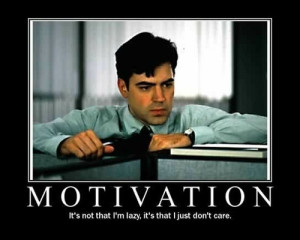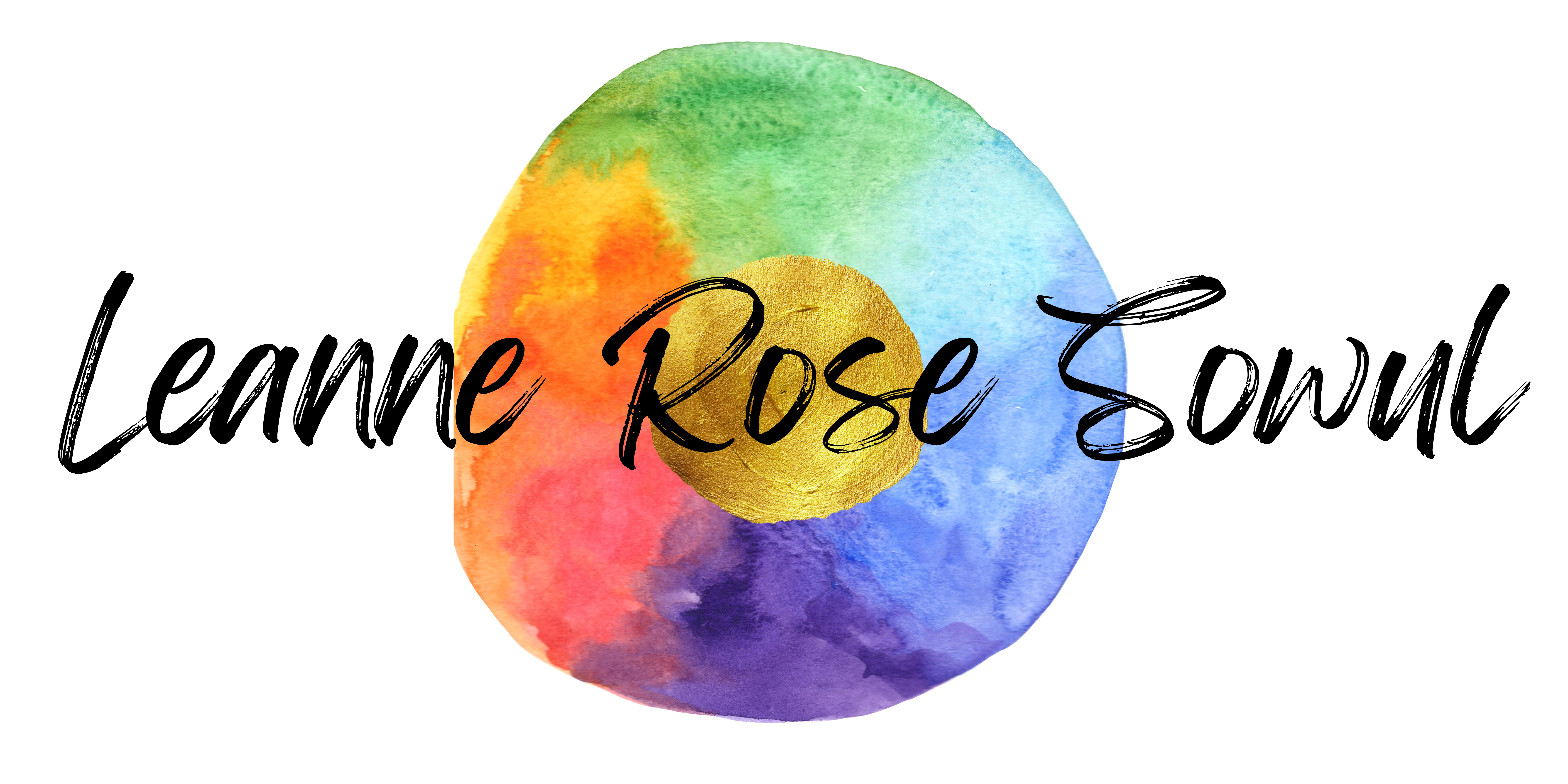Happy Labor Day, USA! Other than signaling the end of summer and the start of the (false) inability to wear white, what does Labor Day actually stand for? Let’s take a moment to consider the history of American laborers, and how the work we do has changed over time.
For most of human history, up through the agricultural age, work was done primarily in and around the home. People worked extremely hard to produce their own food, clothing and housing. A woman from my social class would have spent her days taking care of home and children, and helping her husband with the crops and livestock.
Then the industrial revolution came, and work moved from home to factories. A woman from my social class might have been forced to look for work in a factory when her husband’s business dried up because he couldn’t keep up with mass production. Factory work would likely be repetitive, mind-numbing, and potentially dangerous.
After WWII, the face of work changed again. More women returned to the home, but some stayed in the workforce and began to make in-roads toward workplace equality. A woman from my social class, though, would have been discouraged from taking a job or even furthering her education. Staying at home would have been less fulfilling than in the past, because of modern work-saving conveniences, and less emphasis than we see today on entertaining and educating children in the home.
Finally, in the post-digital age, intellect and creativity are valued in the workplace. A woman from my social class could have almost any job she desired, as long as she was willing to educate and train herself for it. We also have greater flexibility in our careers; many people successfully change careers several times over their lifetimes, while others start side careers out of their homes or on the internet.
What does all this mean? Well, first, it means we should be grateful for the times we live in now. Our current definition of “work” stands on the backs of generations of people to whom work meant something very different.
It also means that beyond any other time in history, we have opportunity. We have the chance to follow our passions, and we even have the opportunity to make real money doing so. In the past, the word “work” might have had unpleasant associations, but in the modern age, work can give as much pleasure and fulfillment as things like family life or hobbies.
On this Labor day, ask yourself: What’s your definition of “work?” Do you think work can be enjoyable, or not? Is it just something we all must do to provide for ourselves and our families, or can it be something more than that?
Are you pursuing work that you love? Do you feel you have to choose between passion and “bringing home the bacon?” If so, is there a way to re-think your situation so that you can have both passion and bacon?
(Mmm, that sounds like a good breakfast.)
Happy Labor Day, and a thank you to all hardworking Americans, past and present!


